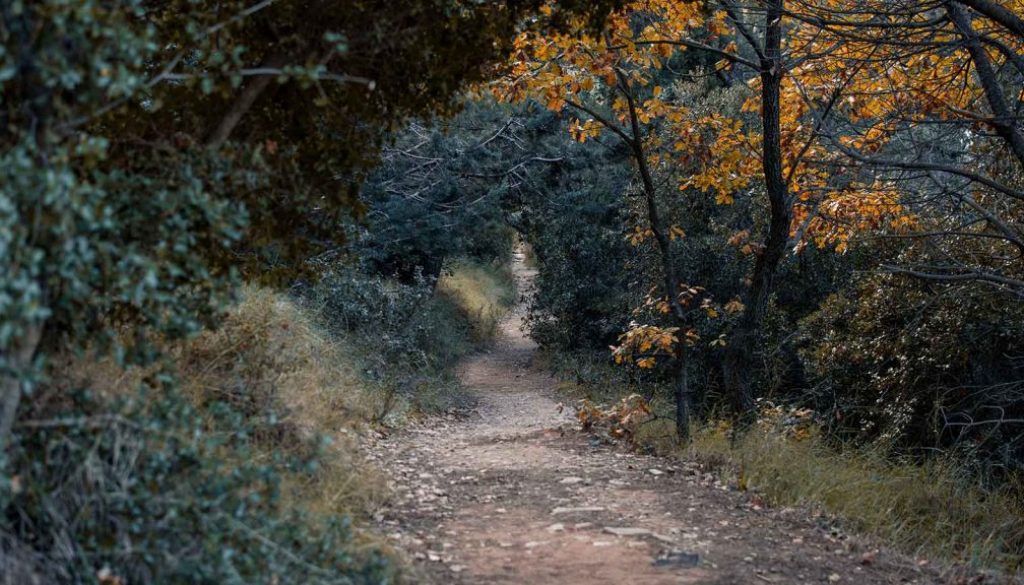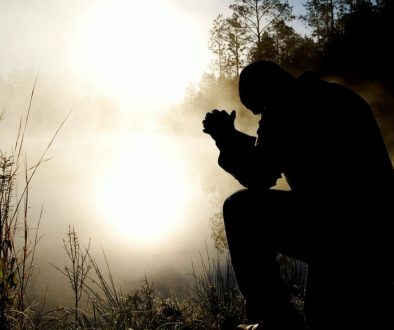5 Keys to Growth in the Small Town

We have looked at common roadblocks that every rural pastor faces. We have learned that these roadblocks, in many cases, seem to be permanent, in that they tend to linger from one generation to the next and from one pastor to another. But, hear me when I say, these roadblocks can be overcome and the church can arise and become healthy and productive. It’s important to note, however, that this doesn’t happen overnight. It is a process, and it takes a pastor that is willing to stay and see the journey through. I want to give you some proven keys that will unlock your church and enable you to lead your church into the destiny that God has ordained for it.
Key #1: Develop Yourself
Every pastor must understand that personal growth is not an option. I know this sounds cliche, but it’s true nonetheless–“If you want to grow a church, grow a pastor.” As a leader, the first person I should lead is myself. If I wouldn’t follow myself, why should anyone else?
If leaders do not take that inner journey to develop themselves, two things happen:
1: They become shallow
2: They soon fade away
Personal growth is the responsibility of every pastor. It is not my denomination’s responsibility to develop me. Of course, it’s always good when they provide opportunities for me to grow, but ultimately, it’s my responsibility.
Luke 2:52 says, “And Jesus kept increasing in wisdom and stature, and in favor with God and men.” If Jesus grew, so must we.
Jesus Grew in Four Areas:
• Wisdom = Intellectual Growth
• Stature = Physical Growth
• Favor with God = Spiritual Growth
• Favor with Man = Social Growth
For a pastor to grow in these four areas, you need:
• A Growth Plan–A daily plan that makes you accountable
• Resources–Tools, books, audiovisuals, podcasts, etc
• Mentors–Every pastor needs a Paul, a Barnabus, and a Timothy
• Discipline–Lead yourself before you lead others
Key #2: Discover your Mission, Vision, and Core Values
Any organization, to grow and develop, must have some idea of where it’s going, what it’s going to do, and why it’s going to do it. Most churches in small towns cannot answer these questions. Answering these questions help the congregation see a bigger picture than just “having church” every Sunday. If our goal as a church is only to “have church” on Sunday, I promise that it is a church that only thinks about itself. Your Church needs to know its Mission, Vision, and Core Values.
Mission answers the Questions:
• Who are we?
• Why do we exist?
Vision answers the Questions:
• What do we do?
• How do we do it?
Core Values answers the Question:
• Why do we do it?
I have a little saying that goes, “If Mission is the automobile, then Vision is the engine and Core Values are the fuel.” You must have all three to move forward. For a more in-depth look at these, see the blog, “Mission Mania.”
Key #3: Disciple your People
As pastors, it is our primary calling to disciple people. While other duties and responsibilities are continuously calling, none of them is more important than discipleship. The pastor is the primary discipler. We cannot put that responsibility on anyone else. A disciple-making church is to lead by a disciple-making pastor. While we may get to a place where we delegate authority to others to help us, disciple people, the ultimate responsibility remains upon the pastor.
Again, most churches are not structured for discipleship. They are structured to have church. We have an Adult Church, Youth Church, and Children’s Church. Think about it, most churches in rural communities have church on Sunday morning, church on Sunday night, and church on Wednesday night. These services usually consist of singing, preaching, and prayer. So, when do we take time to teach the Word? Sadly, many do not. Every pastor must take responsibility to structure their church for discipleship.
Discipleship takes place best in small groups. In rural churches, there are already small groups in place, but they are not usually structured for discipleship. I will address this in a future article.
Key #4: Deploy your disciples
Hiring specialized staff in a small town can sometimes be difficult because of limited funds (salary, housing, insurance, etc). Sitting in your congregation right now could be several staff members that already have a salary, a house, and insurance. All they need is a little training and an opportunity. As pastors, it’s our responsibility to provide both.
Here are Three Tips to Deploy your Disciples:
1: Train leaders to do ministry. Look around you, there are probably people that lead to their job every day. Why can’t they be trained to lead in ministry and at church? They can! It just takes a pastor who is willing to train them.
2: Focus on building a Church of teams. Get rid of the word, “Committee.” Start using the word “Team.” The word “Team” implies that everyone on the “team” has a job to do.
3: When you get to a place where you can hire staff, hire them to disciple and train
leaders to do ministry, not to simply do ministry themselves. Most staff members want to do the ministry themselves. Let them know that their primary responsibility is to train others and build a team to do ministry.
Key #5: Dive into the community
In the small town, the church must be community-oriented. The pastor must be known and seen in the community. They must see the community as their congregation, not just those who sit in the pew on Sunday. Relationships should be built with people outside the congregation. When this happens, the church begins to be seen as an asset to the community and not a liability. Look for ways to give back to the community. Get involved in the schools, with law enforcement, with Veterans. Write a weekly article for the local newspaper. Put your picture on it. One of the greatest ways to get to know your community is to get out into it and see it for yourself. Go to the post office; go to a high school football game; go to a restaurant for breakfast; go to Walmart, the Dollar General, the Courthouse, the hospital. Go where people are and get a vision of these people sitting in your church
Ministry in a small town is much different than in larger cities. It takes longer for things to grow. Everything moves at a slower pace. There are fewer people and fewer resources than in metropolitan areas. But, there is still a great harvest in the small town waiting to be reaped. And, just like in major cities, God is looking for pastors and leaders who will hear and answer the call to commit their life and ministry to the small town.


